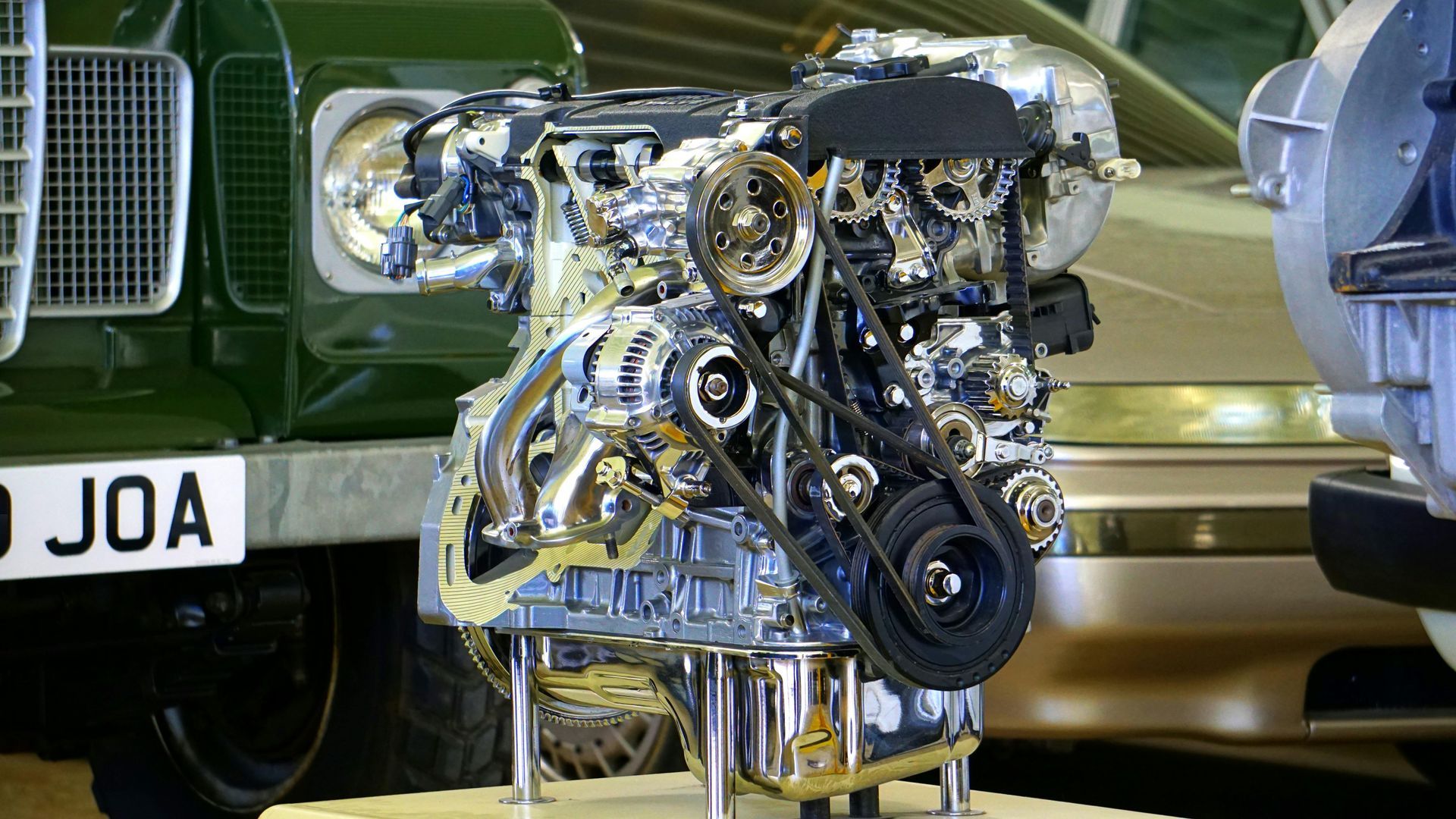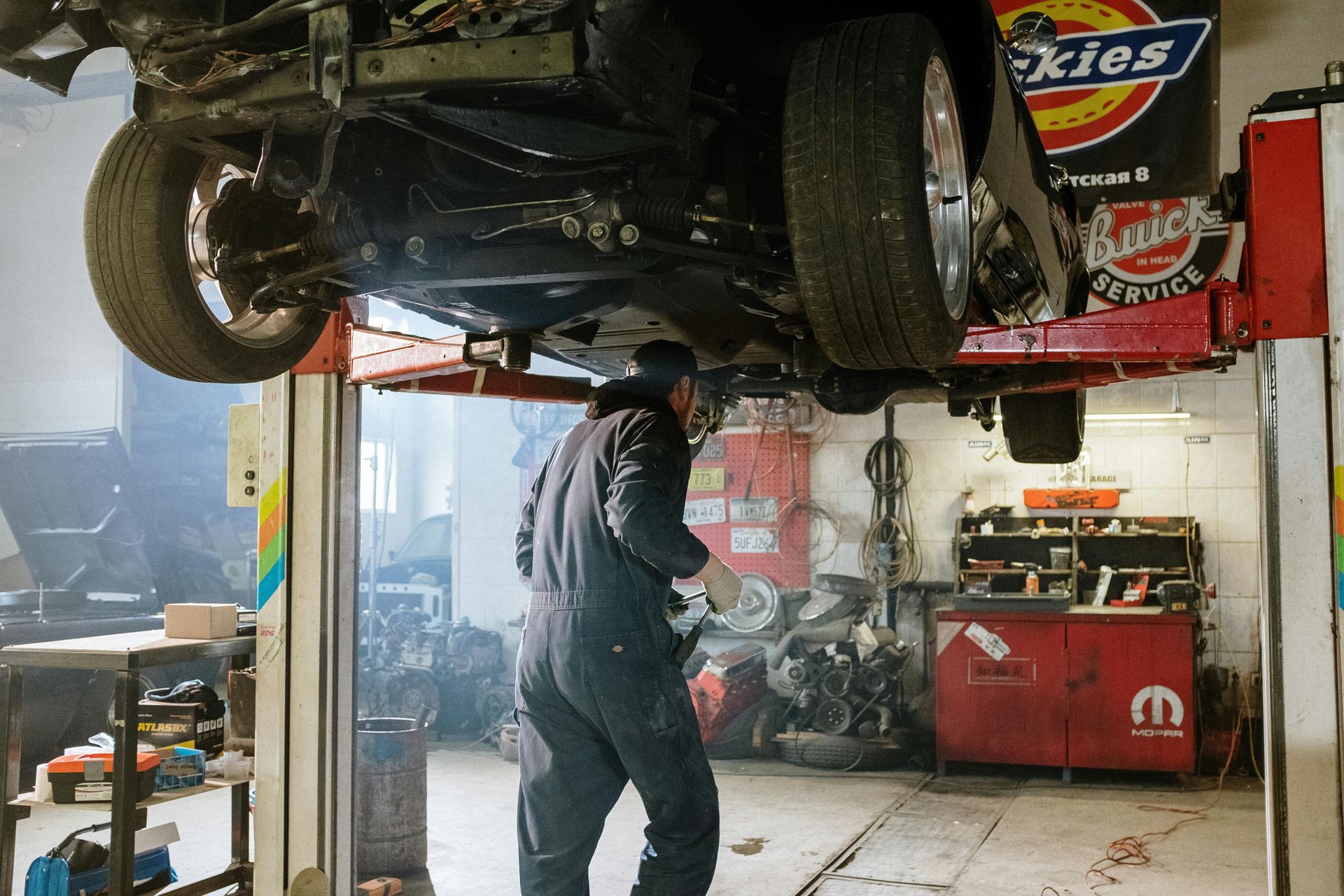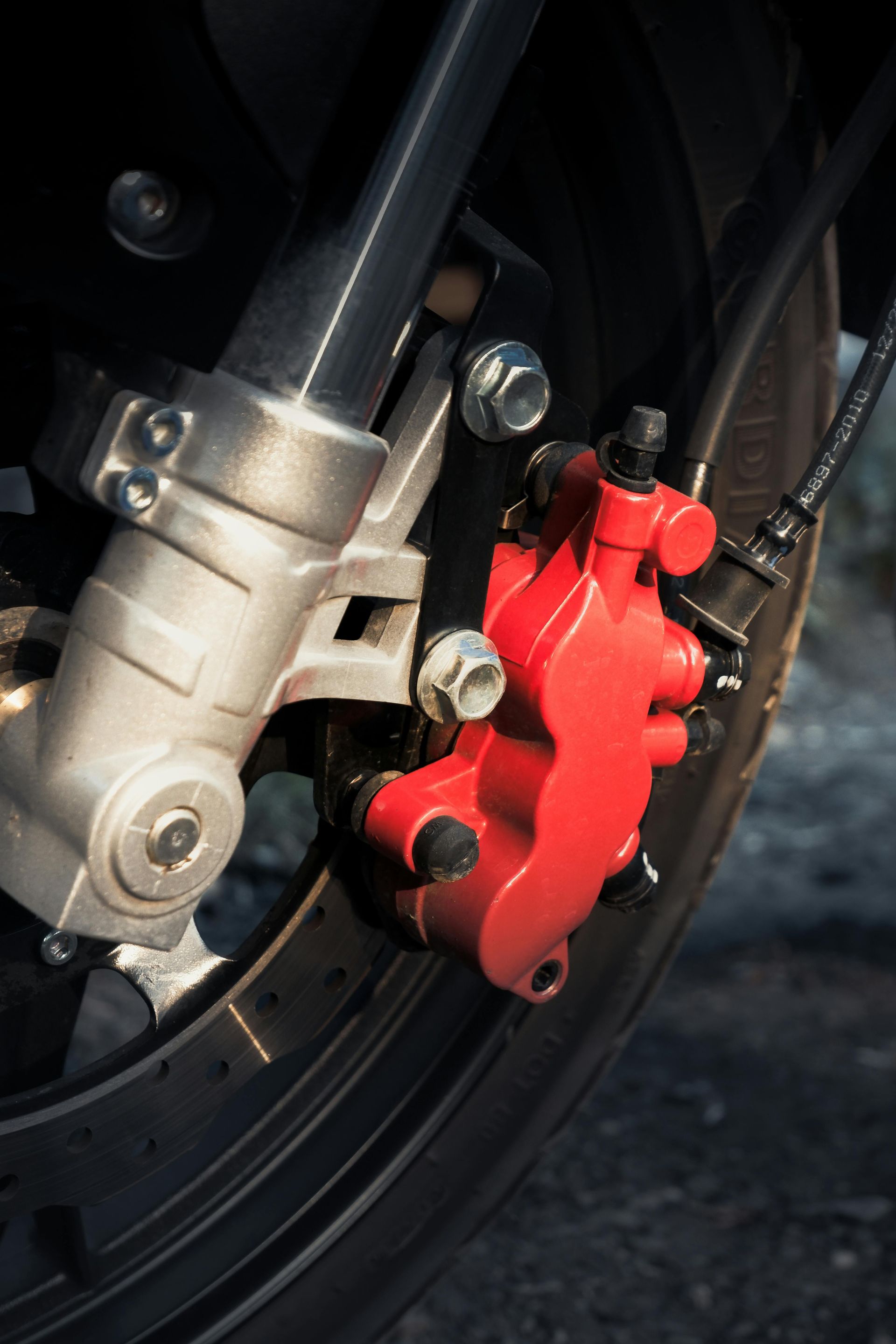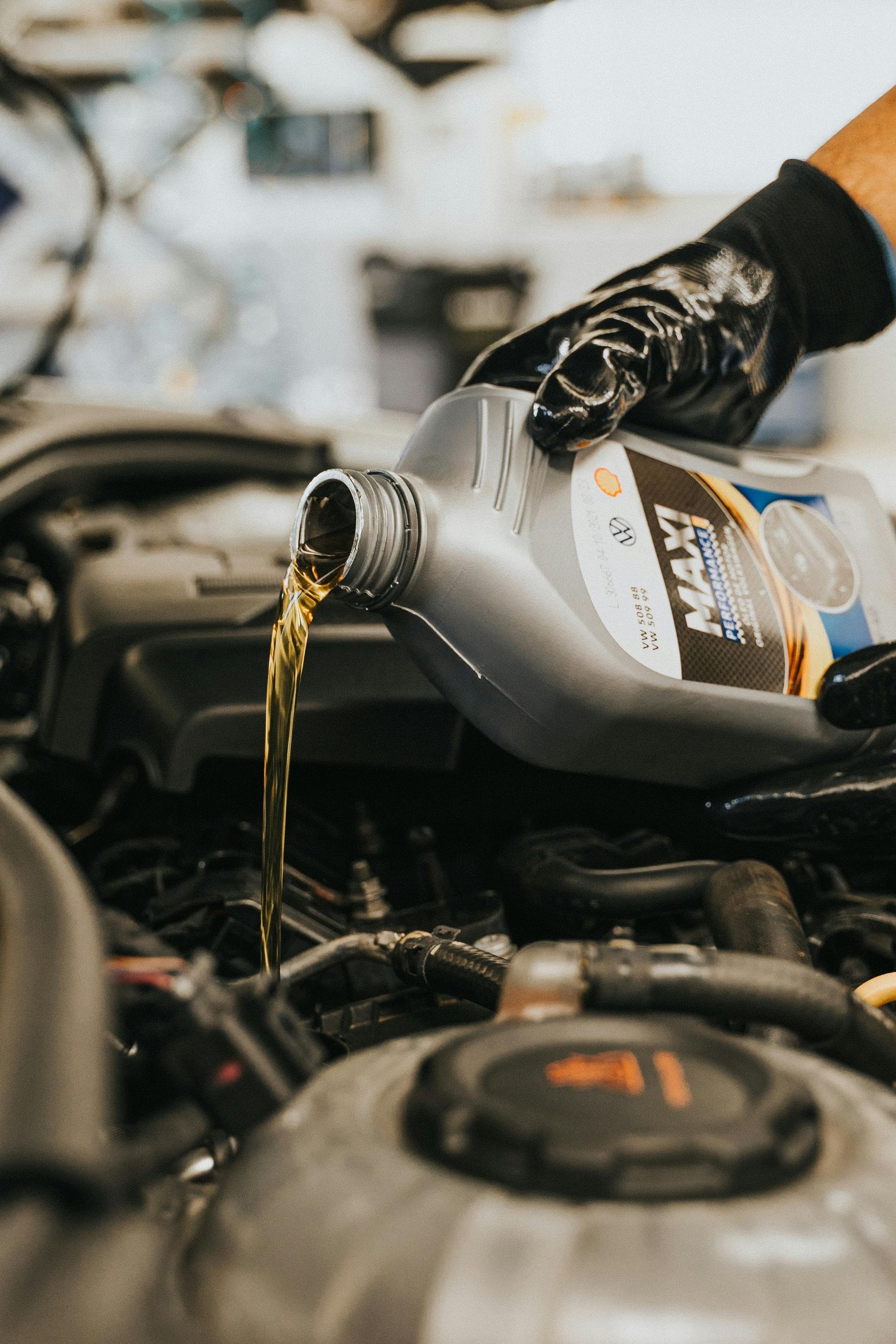How Often Should You Schedule Car Air Conditioner Services
Taking care of your car, car air conditioner Services is essential to keep you cool and comfortable when you’re on the road. Like any part of your vehicle, the AC system needs regular attention to work efficiently and avoid potential issues. While the specific timing for air conditioner services can vary depending on where you live, how often you drive, and the type of car you have, this guide will give you some general tips on when to schedule maintenance for your car’s AC to keep it running smoothly.
Some standard car air conditioning (AC) issues:
Weak or Insufficient Cooling: If your car’s AC is blowing warm air or not cooling as effectively as it used to, it could be due to low refrigerant levels, a clogged filter, or a malfunctioning compressor. So, it needs car air conditioner Services.
Strange Odors: Unpleasant odors coming from the AC vents may indicate mold, mildew, or bacteria growth in the system. It can be due to moisture buildup in the evaporator.
Noisy Operation: Unusual noises like squealing, hissing, or rattling when the AC is running may point to a damaged or worn-out component, such as the blower motor or a loose belt.
Leaking Refrigerant: A refrigerant leak can lead to reduced cooling performance. If you notice oily spots or greenish residue around AC components, it’s a sign of a leak that needs to be addressed.
AC Compressor Clutch Failure: If the AC compressor clutch fails to engage, it prevents the compressor from circulating refrigerant, resulting in no cooling. It may be due to an electrical issue or a faulty clutch.
Inconsistent Cooling: Inconsistent cooling, where the AC works intermittently, can be caused by electrical problems, a faulty thermostat, or issues with the AC controls.
Excessive Condensation: A large amount of water dripping inside the car can indicate a clogged AC drain or a malfunctioning condensation drainage system.
Frozen Evaporator Coil: A frozen evaporator coil can result from restricted airflow or refrigerant issues. It can cause the AC to blow warm air and reduce overall efficiency.
Electrical Problems: Faulty electrical connections, relays, or sensors can lead to AC malfunctions. These issues may require a diagnostic check to identify and fix.
Coolant Contamination: Contaminants or debris in the AC system can damage components and reduce performance. Regular maintenance, like replacing the cabin air filter, can help prevent this issue.
Car AC Services
The frequency at which you should schedule car air conditioner services depends on several factors, including your vehicle’s age, usage patterns, and the climate in which you drive. However, here are some general guidelines to help you determine how often to schedule AC services:
Annual Service : It’s a good practice to have your car’s air conditioner professionally serviced at least once a year. This annual check-up helps identify any minor issues before they become significant problems and ensures your AC system operates efficiently.
Refrigerant Recharge : The need for a refrigerant recharge can vary, but on average, every 2-3 years is a reasonable interval. However, if you notice a significant decrease in cooling performance, you should have the refrigerant level checked sooner.
Cabin Air Filter Replacement : The cabin air filter, which helps maintain air quality inside the car, should typically be replaced every 15,000 to 30,000 miles (24,000 to 48,000 kilometers) or once a year. A clogged filter can reduce AC efficiency.
Visual Inspection : Regularly inspect the AC system for visible signs of damage or leaks. If you see wet spots under the car or notice any issues, such as strange noises or odors, it’s essential to get them checked promptly.
Climate Considerations : If you live in an area with extreme heat or high humidity, your AC system may experience more stress, and you might consider more frequent checks and services.
DIY Maintenance : In addition to professional servicing, you can perform some maintenance services tasks yourself, like cleaning the condenser coils and ensuring the AC drain line is clear of debris. Consult your vehicle’s manual for specific instructions.
How to overcome car AC issues
Overcoming car AC issues often requires a combination of troubleshooting and professional repair or maintenance. Here are steps you can take to address common car AC problems:
Inspect the Cabin Air Filter :
Check and replace the cabin air filter if it’s dirty or clogged. A clean filter ensures proper airflow and prevents contaminants from entering the AC system.
Check Refrigerant Levels :
If your AC isn’t cooling adequately, it may be due to low refrigerant levels. Consult your vehicle’s manual to locate the low-pressure service port, and if necessary, add refrigerant following the manufacturer’s guidelines. It’s often best to have this done by a professional to ensure the correct type and amount of refrigerant is used.
Clean Condenser Coils :
Inspect the condenser coils located in front of the radiator for dirt, debris, or blockages. Clean them with a gentle spray of water or compressed air to maintain efficient heat dissipation.
Address Refrigerant Leaks :
If you suspect a refrigerant leak (e.g., visible oil residue or hissing sounds), it’s crucial to have it repaired by a certified technician. Refrigerant is harmful to the environment, and leak detection and repair require specialized equipment.
Check the AC Compressor Clutch :
If the AC compressor clutch isn’t engaging, it can cause the AC to blow warm air. It may be due to an electrical issue, a damaged clutch, or a faulty relay.
Inspect and Clean Drainage System :
If you notice excessive condensation or water inside the car, it may be due to a clogged AC drain. Clear any obstructions from the drain tube, usually located beneath the vehicle.
Address Strange Odors :
To combat unpleasant odors, use an AC disinfectant cleaner to remove mold, mildew, and bacteria from the AC system. These products are available at automotive stores. Additionally, regularly running the AC in fresh air mode can help prevent odor buildup.
Regular Maintenance :
Schedule annual or manufacturer-recommended AC system inspections and maintenance with a qualified technician.
Electrical Checks :
If you suspect electrical problems, such as malfunctioning controls or sensors, consult a professional auto electrician for diagnosis and repair.
Professional Help :
If you’re unable to identify or resolve the issue, or if you’re uncomfortable working on your vehicle’s AC system, it’s best to car air conditioner replacing services by consulting a certified automotive technician or an AC specialist. They have the expertise and equipment to diagnose and fix complex AC problems safely and effectively.
Benefits of car AC services
Car AC services offer several benefits that help. It ensures the optimal performance and longevity of your vehicle’s air conditioning system. Here are the key advantages:
- Improved Cooling Performance
- Enhanced Air Quality
- Reduced Energy Consumption
- Prevention of Costly Repairs
- Extended AC System Lifespan
- Comfortable Driving Experience
- Safety Benefits
- Preventing Moisture Buildup
- Compliance with Environmental Regulations
- Resale Value
- Customized Services
- Peace of Mind
Conclusion
Looking after your car, car air conditioner Services is a smart move. It’s like giving yourself the gift of comfort and your vehicle the gift of a longer, healthier life. Regular AC services mean you get cooler air on hot days, cleaner air all year round, and even save on fuel. Plus, you’ll catch and fix minor problems before they turn into wallet-draining headaches. And let’s not forget, a well-maintained AC system means a more enjoyable and safer drive. So, invest in your driving pleasure and peace of mind by keeping that AC in top shape. Your car and your comfort will thank you!
FAQs
1. How often should I service my car’s air conditioner?
The frequency of servicing your car’s air conditioner can vary depending on factors like climate, usage, and your vehicle’s make and model. However, a general guideline is to have it professionally inspected and serviced once a year, ideally before the hot season starts. Regular maintenance helps prevent issues and keeps the system running efficiently.
2. Why does my car’s air conditioner sometimes emit a musty odor?
A musty odor from your car’s AC can indicate the presence of mold, mildew, and bacteria in the system. Moisture and dust in the AC can promote the growth of these microorganisms. Regularly running the AC in fresh air mode, using AC disinfectant cleaners, and changing the cabin air filter can help prevent and address this issue.
3. Can I recharge my car’s AC refrigerant myself?
Recharging the refrigerant in your car’s AC system is a task best left to professionals. It requires specialized equipment to ensure the correct type and amount of refrigerant are used. Attempting to recharge the AC yourself without the proper tools and knowledge can lead to overcharging, undercharging, or even damage to the system. It’s safer and more effective to have a qualified technician handle refrigerant-related tasks.









